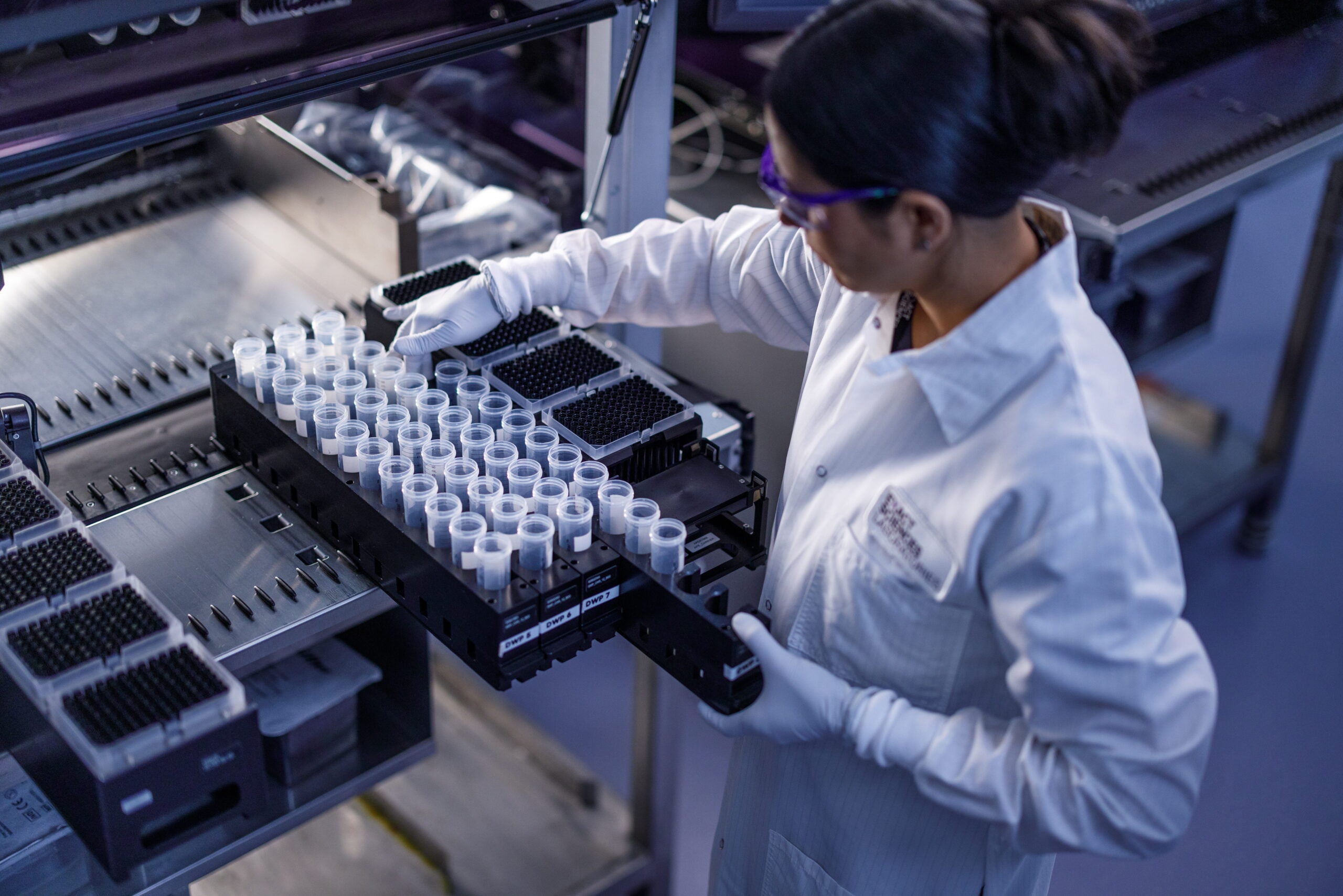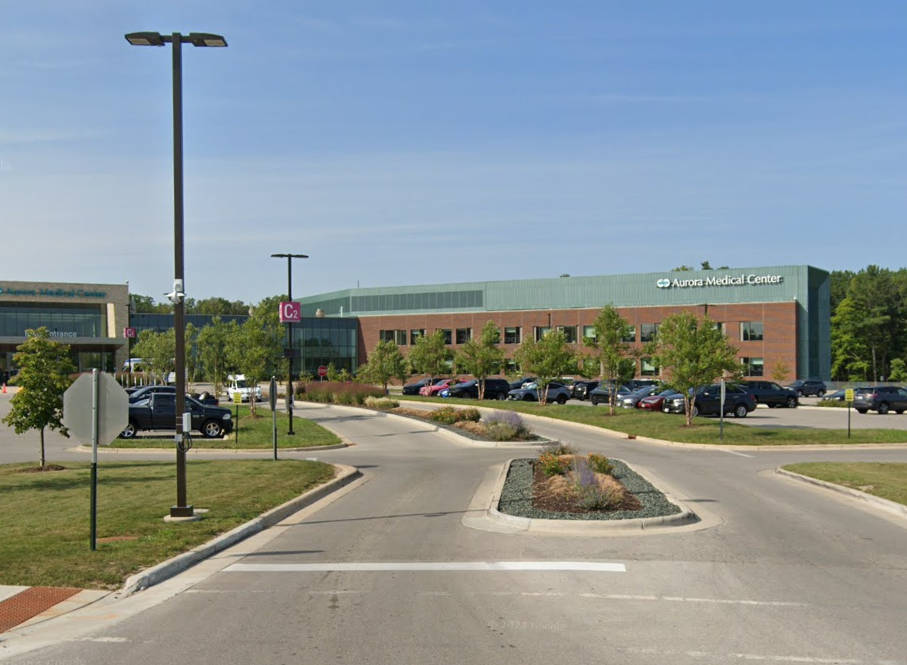Foxconn wants to lower the cost of health care for future employees at its planned LCD screen plant in Racine County. To do it, the Taiwanese tech manufacturer is collaborating with regional health care system Advocate Aurora Health.
Leaders from both companies signed a memorandum of understanding Thursday. They’ve agreed to work together on systems to collect and analyze health data from future Foxconn workers in Wisconsin.
Foxconn hopes to change how health care is delivered and, as the 10th-largest nonprofit health system in the United States, Advocate Aurora leaders say they can provide the medical support to treat and provide preventive care to Foxconn’s 13,000 potential employees.
News with a little more humanity
WPR’s “Wisconsin Today” newsletter keeps you connected to the state you love without feeling overwhelmed. No paywall. No agenda. No corporate filter.
The manufacturer already collects dietary and fitness data from its 1.2 million workers in mainland China.
“The difference is now we’re being able to partner with another health system in the United States that has the expertise not only in Wisconsin but regionally,” said Charlie Alvarez, vice president of North America Foxconn Health Technology Business Group.
While the collaboration is still in its infancy, both groups have outlined three areas they want to focus on.
Other than improving preventive care and employee wellness programs, the groups want to streamline available patient information like dietary habits on a digital platform.
Rick Klein, with Advocate Aurora Health, said his group can then help interpret the data with support from its staff, clinics and hospitals.
“What’s really different than what happens today is that somebody may have a Fitbit app or they may belong to a health club, or whatever it happens to be, but that information isn’t organized at the same time that they need it when they go see the physician,” Klein said, explaining what’s called a “smart city” concept.
Medical staff can get a more complete picture when treating a patient and they can avoid adverse reactions to medications if a patient’s information is all in one place, according to Klein.
“If somebody is interested in a health and wellness question, we also know that we should be very careful because they may have a particular underlying medical issue that needs to be thought through,” he said.
The hope is that integrating patient information could increase the quality of care while cutting down on the time a patient spends recapping their medical history to new physicians, said Klein.
But Advocate Aurora and Foxconn also want to change how medical staff are trained and invest in growing medical disciplines like genomics, the mapping and understanding of genomes.
Ultimately, Advocate Aurora would like these efforts to make it possible for a doctor to treat a patient virtually while across the country.
While other companies like Amazon have also expressed interest in lowering health care costs for their employees and companies like Google have tried to integrate patient information, Foxconn has a competitive advantage, Alvarez said.
“There are a lot of great companies that are trying to pivot right now and get into health care, I think the difference is that Foxconn, today we take care of our employees with health care,” he said. “We’ve already been doing this, so this isn’t something that I would say something that’s new and ambitious for us to try to do.”
He estimates Foxconn has been collecting health data for three to five years.
Alvarez said the company will begin to pilot the planned platforms as Foxconn slowly begins to hire workers. Ultimately, Foxconn would like to bring the program to the rest of Wisconsin.
Wisconsin Public Radio, © Copyright 2026, Board of Regents of the University of Wisconsin System and Wisconsin Educational Communications Board.





